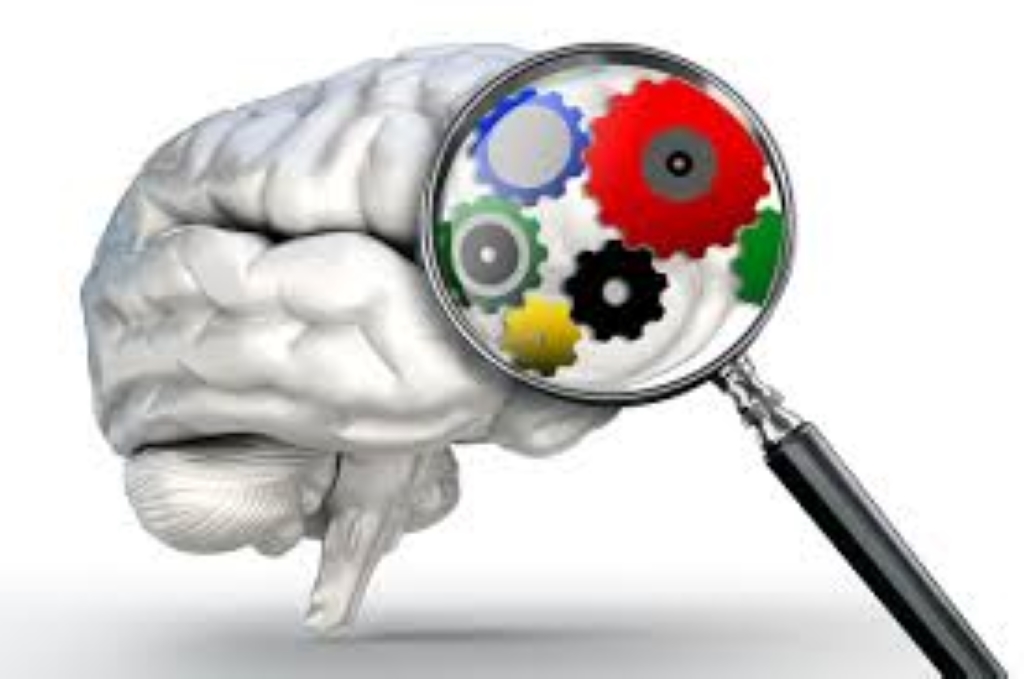Mental Disease Ayurvedic Treatment
- 25 Min. Zoom Meeting
- Personalized Approach
- ₹ 400/- Fee

Define Mental Disease
Mental disease, also known as a mental disorder or psychiatric disorder, refers to a range of conditions affecting emotions, thoughts, behavior, and overall mental well-being. These conditions may arise from genetic factors, brain chemistry imbalances, environmental triggers, substance abuse, or neurological conditions. Symptoms may include persistent sadness, anxiety, mood swings, and social withdrawal. Treatment often involves psychotherapy, medications, lifestyle changes, and support groups. Seeking professional help is essential for managing mental diseases and promoting mental health.
Causes of Mental Disease:
Mental disease, also known as mental illness or psychiatric disorder, is a medical condition characterized by disturbances in emotions, thoughts, and behavior.It can be caused by various factors, including:
- a. Genetic Factors: Some mental diseases have a genetic component, meaning they may run in families.
- b. Brain Chemistry Imbalance: Abnormalities in neurotransmitters can contribute to the development of certain mental disorders.
- c. Environmental Triggers: Stressful life events, trauma, abuse, or significant life changes can trigger mental illnesses.
- d. Drug or Substance Abuse: Substance abuse can exacerbate or lead to mental health issues.
- e. Neurological Conditions: Certain neurological disorders may be associated with mental diseases.
Symptoms of Mental Disease:
Mental diseases can manifest differently based on their specific cause and the individual’s unique circumstances. . Common symptoms include:
- a. Persistent Sadness or Anxiety: Feeling down, hopeless, or excessively worried for an extended period.
- b. Changes in Sleep Patterns: Insomnia, oversleeping, or disturbed sleep.
- c. Social Withdrawal: Avoiding social interactions, isolation, or difficulty maintaining relationships.
- d. Mood Swings: Frequent and extreme shifts in emotions.
- e. Appetite or Weight Changes: Significant increase or decrease in appetite and weight.
- f. Difficulty Concentrating: Inability to focus or make decisions.
- g. Unexplained Physical Ailments: Physical symptoms without any underlying medical cause.
- h. Substance Abuse: Increased reliance on drugs or alcohol to cope.
Health Improvement Advice for Mental Disease Patients:
Individuals affected by mental diseases can enhance their overall well-being and manage their condition effectively through the following guidelines:
- a. Seek Professional Help: If experiencing symptoms of mental illness, don’t hesitate to reach out to a qualified mental health professional.
- b. Open Communication: Share your feelings and struggles with loved ones or friends who can offer support.
- c. Practice Self-Care: Make time for activities you enjoy and prioritize self-care to reduce stress.
- d. Limit Substance Use: Avoid excessive use of drugs or alcohol, as they can worsen mental health issues.
- e. Maintain Routine: Establishing a daily routine can provide stability and a sense of control.
- f. Learn Coping Skills: Develop healthy coping mechanisms to manage stress and emotions effectively.
- g. Stay Informed: Educate yourself about mental health to reduce stigma and increase awareness.
- h. Avoid Isolation: Engage in social activities and connect with others to combat isolation.
